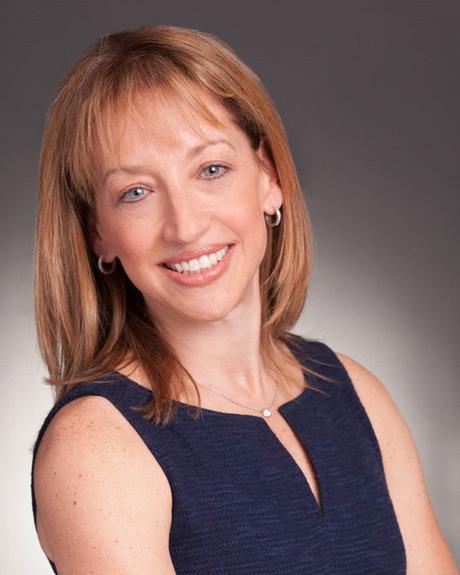by Alison Singer, President, Autism Science Foundation

I am infuriated by the story of the four-year old boy with autism who was kicked off a Spirit Airlines flight for not wearing a mask, despite having a letter from his doctor indicating he was exempt from mask-wearing due to disability.
The airline told the family autism “is not a disability.” Where on earth would someone get the idea that autism is not a disability? Perhaps from neurodiversity community members who insist that autism is just an “alternative way of being” or a “difference” or “superpower” rather than a disability. For some high functioning individuals that’s true and for others, like this boy, it’s not. This is exactly why we need new terms for autism to separate profound autism from what used to be called Asperger Syndrome.
It’s hard to blame Spirit Airlines. After all, the autistic people portrayed in the news and on television shows are very high-functioning and hardly look disabled, whereas the reality of profound autism is disturbing. Studios won’t soon be developing sitcoms around the enormous burdens severe autism places on individuals and their families. So people watch the Good Doctor or the Big Bang Theory and assume people with autism become surgeons or scientists.
In fact, the word ‘autism’ is now applied so broadly as to be practically meaningless. In the previous version of the “Diagnostic and Statistical Manual of Mental Disorders” (DSM-IV), ‘autistic disorder’ was defined as a specific cluster of characteristics, including abnormal social interaction and communication, and a restricted repertoire of activity and interests. The manual included separate diagnoses for Asperger syndrome and pervasive developmental disorder-not otherwise specified — which were typically given to people on the milder end of the spectrum.
But in the current version of the diagnostic manual, the DSM-5, those diagnoses have disappeared. Since 2013, when this version debuted, individuals with a wide range of autism features have all received the diagnosis of ‘autism spectrum disorder.’
This means that someone diagnosed with autism can have a genius-level intelligence quotient or have intellectual disability and a score far below average. It can include someone who has no language, minimal language or intact language. It can apply to an individual who has self-injurious, aggressive behavior, or someone who has trouble navigating the social scene in the school cafeteria. It can describe a person who graduated from Harvard Law School or an individual who exited high school with a certificate of attendance. No wonder there is confusion.
Dr. Catherine Lord, a professor at UCLA’s Center for Autism Research & Treatment and a member of the Lancet Commission on the Future of Care and Research in Autism, debuted the term “profound autism” during the Autism Science Foundation’s (ASF) annual Day of Learning in September of 2020. Dr. Lord noted that autism is an incredibly heterogeneous condition, and there is a vast difference between a person with high functioning/high IQ autism, who can still function somewhat typically in society versus a person with autism severe enough to require round-the-clock care. According to Dr. Lord, the Lancet Commission on Autism, which is due to publish a special Autism issue later this year, concluded that “useful categories might bring attention to the different needs of different people.”
Some people with autism hold advanced degrees and high-powered jobs; others are working to learn to dress themselves and need 24-hour/day supervision to prevent them from harming themselves or others. It is imperative to have language and categories that reflect these vast differences. The term “profound autism” is not meant to further stigmatize people who fall into this category, but to provide necessary differentiation and additional support for people and families who need it most, like a four-year old boy who is legally exempt from mask-wearing and needs to get on a plane with his family. Perhaps if the employees at Spirit Airlines had understood the disabling challenges that some people with autism experience, this situation could have been avoided.
